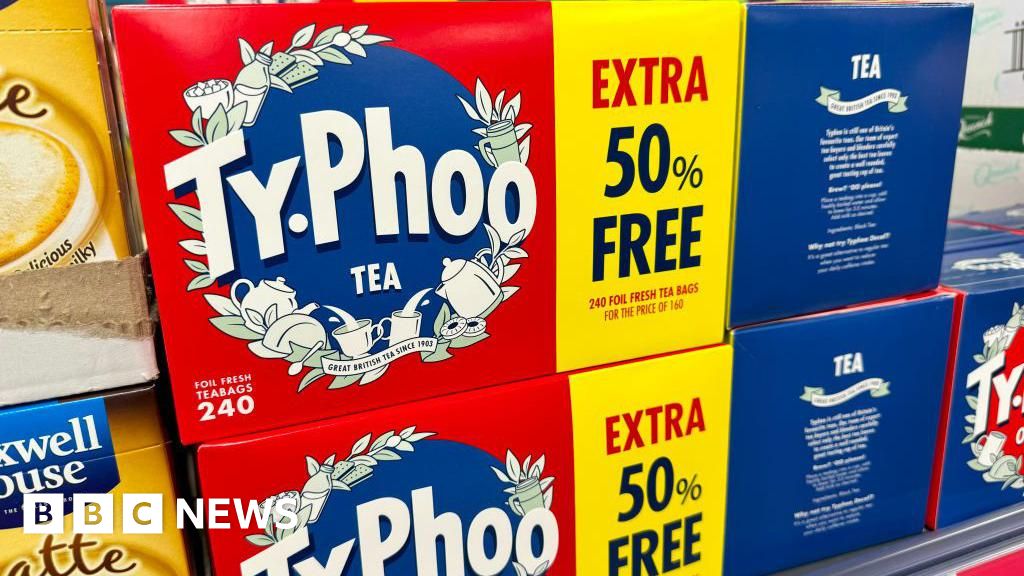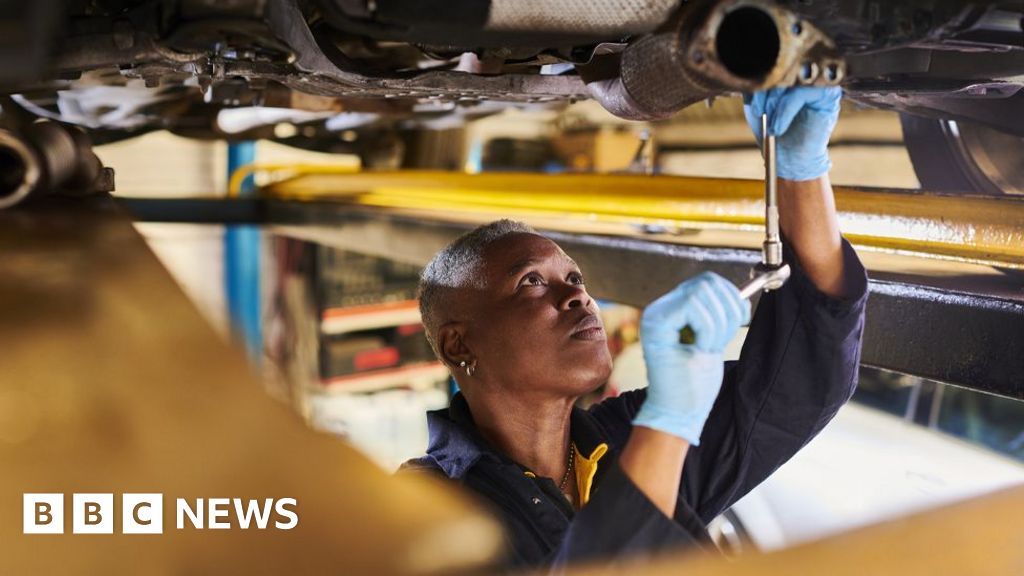ARTICLE AD BOX
Image source, Getty Images
"We don't know yet" how high household energy bills might go after the next review of the price cap, one energy boss has told the BBC.
Octopus Energy's chief executive Greg Jackson said the sector was working to "minimise cost increases".
The energy price cap, which sets the maximum amount that suppliers can charge customers on a default tariff, sits at £1,277.
Some experts have said it could jump in April as gas prices continue to soar.
The new level for the price cap, which applies to England, Scotland and Wales, is due to be announced on 7 February.
Government officials have suggested that is the absolute deadline for offering fresh support for firms as costs mount.
Mr Jackson told the BBC's Today programme: "The reality is that in the energy sector, the UK buys most of its energy on a global market and we've had to pay about £20bn more than usual this year.
"So in one way or another, the UK's going to have to pay that money."
The government and representatives from the Department for Business have been meeting energy bosses in recent weeks to try to tackle the cost-of-living squeeze, as well as attempting to prevent more suppliers from going bust.
One option would be to subsidise the energy companies themselves by creating a fund which would allow them to draw on government cash when wholesale gas prices were very high, then pay it back when prices dipped again.
Mr Jackson pointed out that energy firms often spread costs by buying gas six, 12 or 24 months in advance in a process called hedging.
But he said a fund would allow companies to "spread [costs] over a longer period of time, so we smooth the bills for customers in the UK".
He also suggested it was the job of the sector as a whole to drive down costs for consumers.
"I should say that the days of energy companies making fat profits are long gone and the entire sector is loss-making, because we're now so focused on driving costs down for customers," he added.
"That's the area where we as companies can work hard."
Serial entrepreneur Greg Jackson previously told the BBC the green energy firm has no HR department
Last month, other suppliers warned that more urgency was needed in finding a solution. Ovo Energy's boss Stephen Fitzpatrick predicted that the rise in wholesale gas prices and its impact on people would be "an enormous crisis for 2022".
And Energy UK, the industry's trade body, warned bills could soar by another 50% unless the government intervened.
Labour has urged the government to use the money raised through higher than expected VAT receipts, driven by the higher cost of food and energy prices, to cut household energy bills.
The idea of targeted financial support for fuel bills - along the lines of the current Warm Home Discount scheme - is emerging as a frontrunner, however.
The current scheme offers those receiving certain state benefits the option to apply for a one-off £140 payment.
This could be increased and the number of people eligible could be expanded more broadly. Government sources confirmed on Wednesday this was "under discussion with other options" and the prime minister referred to the scheme twice in the previous 48 hours.
BBC News has contacted the Department for Business for comment.

 2 years ago
39
2 years ago
39








 English (US)
English (US)